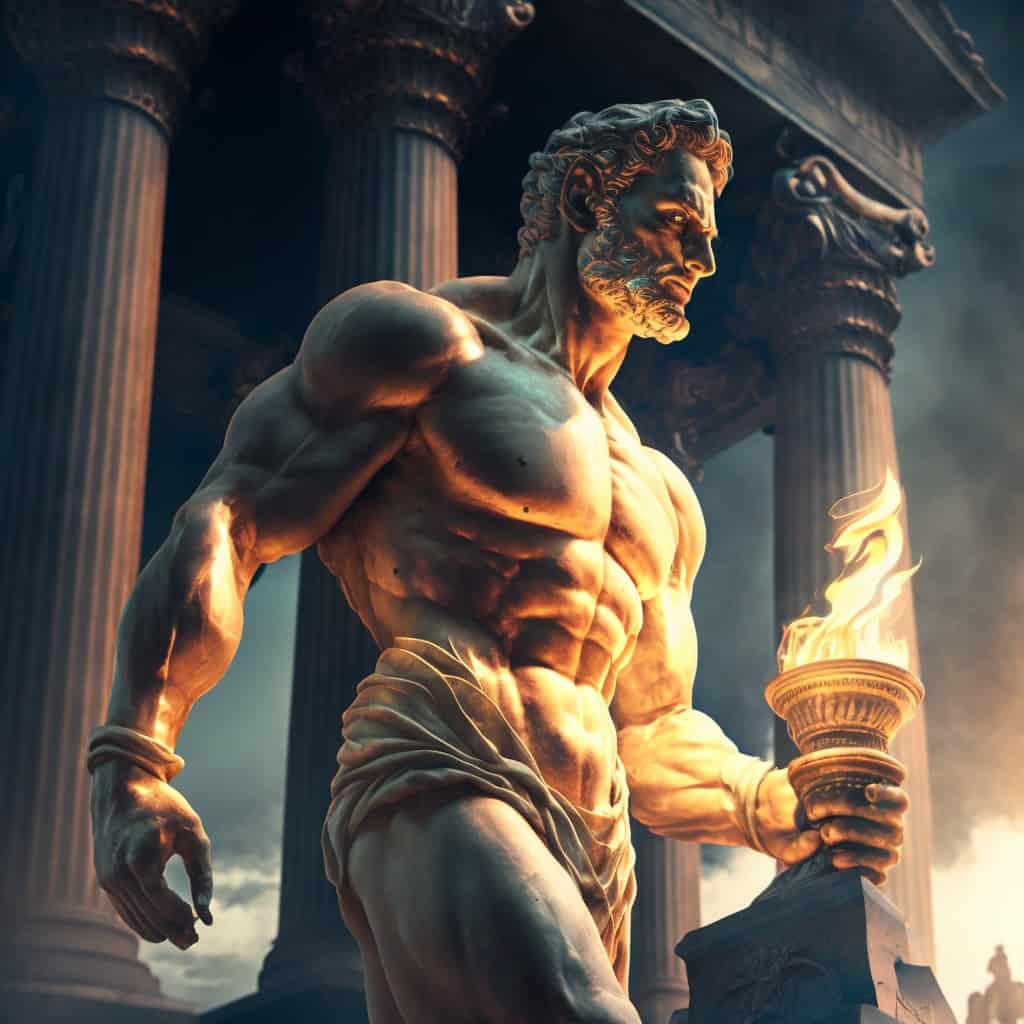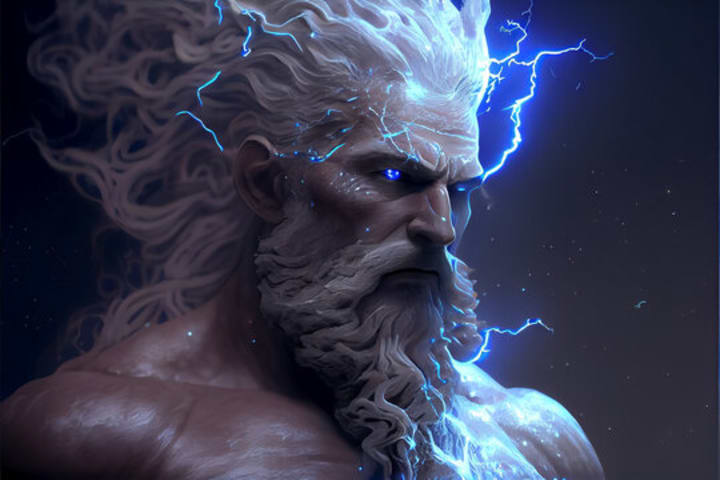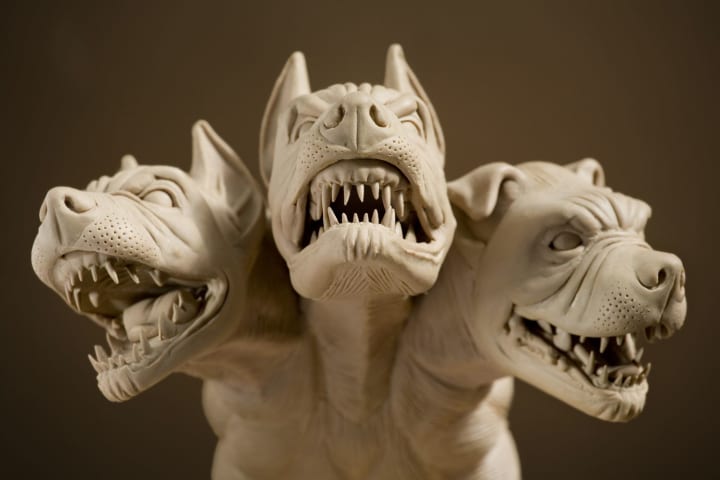
Before the creation of humankind, a strong clash shook the divine domains of Greek folklore, setting the decision lords of Mount Olympus in opposition to an impressive race of goliaths known as the Titans. The result of this enormous battle would shape the fate of the world, as far as we are concerned. A large portion of the Titans met their deaths or were expelled to the chasm of Tartarus; however, one Titan stood apart in his activities and goals: Prometheus, whose very name implied prescience.

Prometheus, who had exceptional insight and shrewdness, figured out how to convince his sibling Epimetheus to join his objective and battle close to the divine beings. In acknowledgment of their dedication, Zeus, the head of the divine beings, gave the siblings a great undertaking: to make every single living animal and give them divine gifts. Epimetheus was obligated to circulate these gifts among the newly framed creatures. Some got the endowment of flight, while others acquired the capacity to explore the waters or race through the rich meadows. Monsters enhanced themselves with shining scales, delicate fur, and sharp hooks, a demonstration of the liberality of the divine beings.
In the meantime, Prometheus willingly volunteered to form the primary people from the humblest of materials—mud. In the heavenly picture, he molded them; however, Zeus, the leader of the divine beings, pronounced that these creatures would stay mortal and propose love to the occupants of Mount Olympus from underneath. In Zeus' eyes, people were compliant animals, helpless against the impulsive components, and dependent on divine security.
However, Prometheus held onto a dream for his manifestations far more fabulous than subjugation. At the point when Zeus called upon him to decide how penances would be proposed to the divine beings, Prometheus coordinated a cunning trick that would concede people a crucial benefit. He forfeited a bull and partitioned it into two inconsistent bits. Under the excluding paunch of the monster, he hid the delicious tissue and skin, while he covered the bones underneath a thick layer of fat. At the point when Zeus, attracted to the presence of one side, guaranteed it as his own, his outrage erupted after finding Prometheus' finesse and duplicity.
Accordingly, Zeus, exasperated by Prometheus' daringness, announced that fire was to be prohibited on the planet, keeping people from utilizing this urgent asset for cooking, warmth, and industry. Fearless, Prometheus set out on a trying mission to hold on to fire from the heavenly studio of Hephaestus and Athena. Disguising the flares inside an empty fennel tail, he securely slipped Mount Olympus and conveyed this recently discovered capacity to mankind. Fire became the impetus for outfitting nature's powers, impelling the quick development of progress. With it, people could get food and warmth; however, they likewise used the ability to fashion weapons and take up arms.

Noticing these improvements from a lofty position, Zeus perceived the profundity of Prometheus' disobedience and the disintegration of his power. His reaction was quick and coldblooded: Prometheus was sentenced to timeless torture. Tied to a ruined precipice, he would get through everyday appearances from a persevering vulture, which would constantly eat upon his liver, just for it to recover during the evening, exposing him to similar distress over and over.
Notwithstanding his ceaseless misery, Prometheus never faltered or communicated regret for his demonstration of defiance. His steady flexibility despite mistreatment made him a respected figure in folklore. Celebrated for his curious soul and the information, progress, and power he offered to mankind, Prometheus rose above his status as a simple Titan.

In the domain of writing, Prometheus kept on moving. Percy Bysshe Shelley, in his melodious show "Prometheus Unbound," portrayed Prometheus as a heartfelt legend who gets away from his torture and keeps on supporting sympathy and information. Shelley depicted Prometheus as "the kind of the greatest flawlessness of moral and scholarly nature, prompted by the most perfect and the most genuine thought processes to the best and noblest finishes." In the mean time, Mary Shelley's book, "Frankenstein: The Cutting Edge Prometheus," drew a line between Prometheus' activities and the outcomes of messing with the normal request, a subject that reverberates with contemporary moral quandaries in science and innovation.
Prometheus, whether seen as a legend, radical, or comedian, perseveres as an image of mankind's ability to saddle the powers of nature. His story helps us to remember the capability of individual demonstrations of resistance and creativity to set the world on fire with progress and change.






Comments (1)
Very interesting!